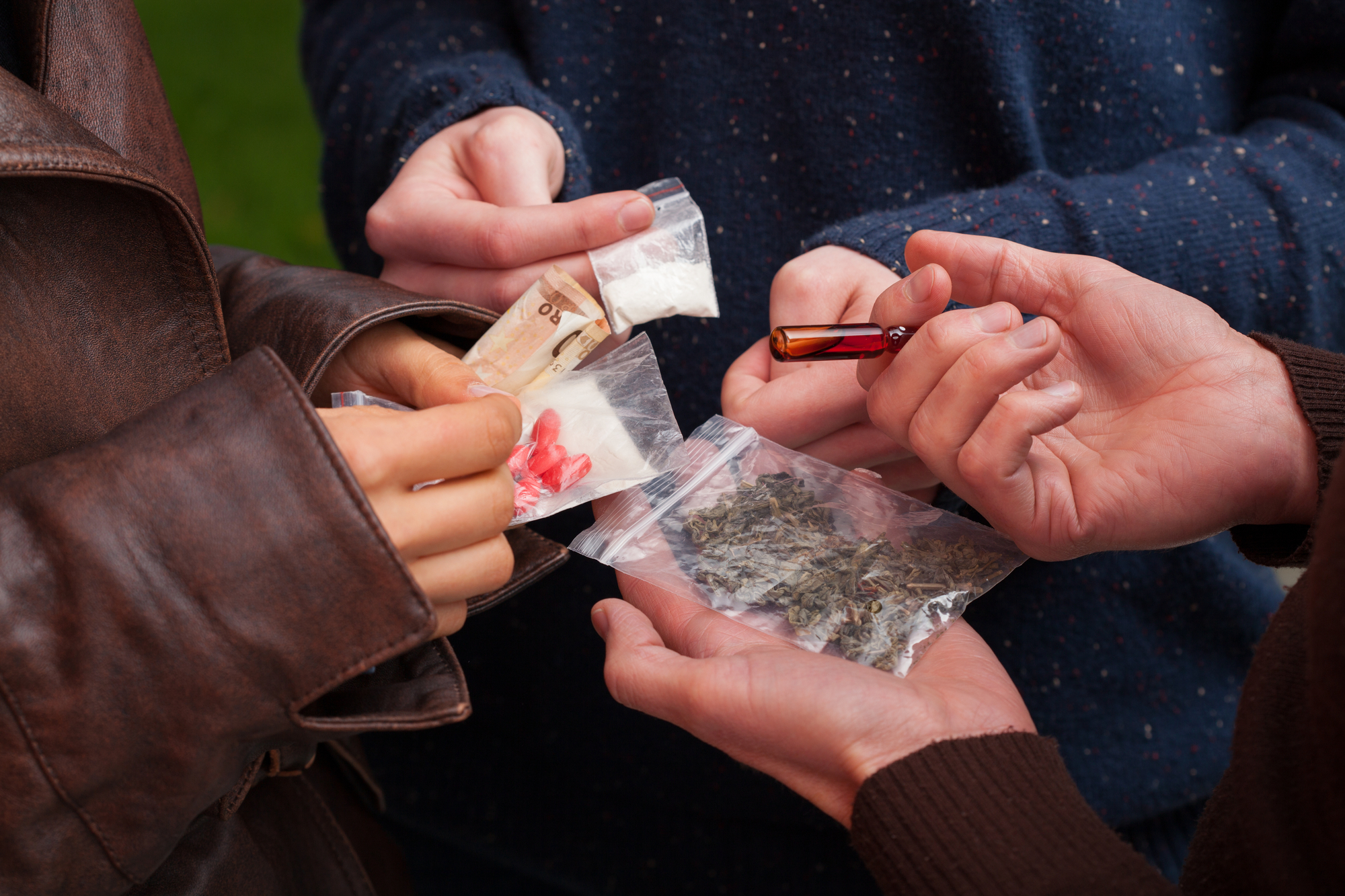What is a DWI in Louisiana?
Driving while intoxicated puts others at risk on Louisiana roads and is illegal in the Pelican State. A DWI conviction can result in life-changing consequences that cost you time, years of your life, and your driver’s license. Drivers who cause serious harm or death in an accident that they caused while under the influence of drugs and alcohol could face even more severe punishments.
If you caused an accident while driving under the influence, you may have deep feelings of regret and remorse. We understand that not every driver deserves the harshest punishments under the law, and we will fight for your rights and your freedom. Please contact our experienced Louisiana DWI attorney today at 318-387-2776 to learn how we might be able to get your charges reduced or dismissed.
Field Sobriety Tests
Law enforcement officers often determine whether a driver is intoxicated by administering a field sobriety test. Unfortunately, not all police officers administer the assessment correctly, and even if they do, the results are often inaccurate. For example, many people become nervous when pulled over. This can cause shakiness, failure to understand, and other symptoms commonly associated with intoxication, even if the person is not under the influence of alcohol.
Challenging a DWI
The good news is that you can challenge a field sobriety test with the help of a skilled lawyer like Attorney Keith T. Whiddon. Reach out to us immediately for counsel on how to interact with law enforcement officials to avoid self-incrimination and to get confident representation when challenging your field sobriety test and DWI charges.
What Are Louisiana’s Penalties for DWI Convictions?
Misdemeanor DWI
When an individual is charged with a first DWI offense, they will often be convicted of a misdemeanor DWI. The penalties for a misdemeanor include fines of up to $1,000 and up to six months in jail. Drivers convicted of misdemeanor DWI may also face a one-year license suspension.
Felony DWI
Drivers guilty of multiple DWI convictions face more severe penalties, including felony charges. Convictions could result in fines of up to $5,000 and up to 30 years in prison. Felony DWI can also lead to license suspension, vehicle forfeiture, mandatory re-education programs, and the use of ignition interlock devices.
Aggravating Factors
When someone causes an accident while intoxicated and one of the victims is severely injured or dies, this is considered an aggravating factor. According to Louisiana law, a conviction with this or another aggravating factor could mean even heavier punishments, including longer jail time and charges of vehicular homicide, third-degree feticide, and first-degree vehicular negligent injuring.
Can I Challenge My DWI Charges?
The simplest answer is yes; you can challenge your DWI charges. However, not every appeal is equally effective, and fighting DWI charges can be complicated by the stigma that comes with drunk driving. You should give yourself the best chance of success by hiring an experienced DWI attorney who can help construct an adequate defense for your unique situation.
Some possible defenses that could result in getting your charges lowered or dismissed include the following:
- Proving you were not driving the car at the time
- Showing that law enforcement officials violated your rights
- Challenging the field sobriety test
Can Our DWI Lawyer Help You?
At Whiddon Criminal Defense, we understand how difficult it can be to face an investigation regarding DWI charges. We promise to stand by your side as we uncover every detail and build a case that protects you against the harshest punishments under the law. We will explain your options in terms you can understand so you can make the best choices for your circumstances.
Please don’t go it alone when facing the serious charges of a DWI.
There is too much at stake. You need a lawyer with a deep understanding of Louisiana law who will represent you aggressively and give you the best chance of success in your DWI case. Contact our legal team today at 316-387-2776 to discuss your case in a free initial consultation and see how we can help.


 Call Us Now
Call Us Now Email Us Now
Email Us Now
